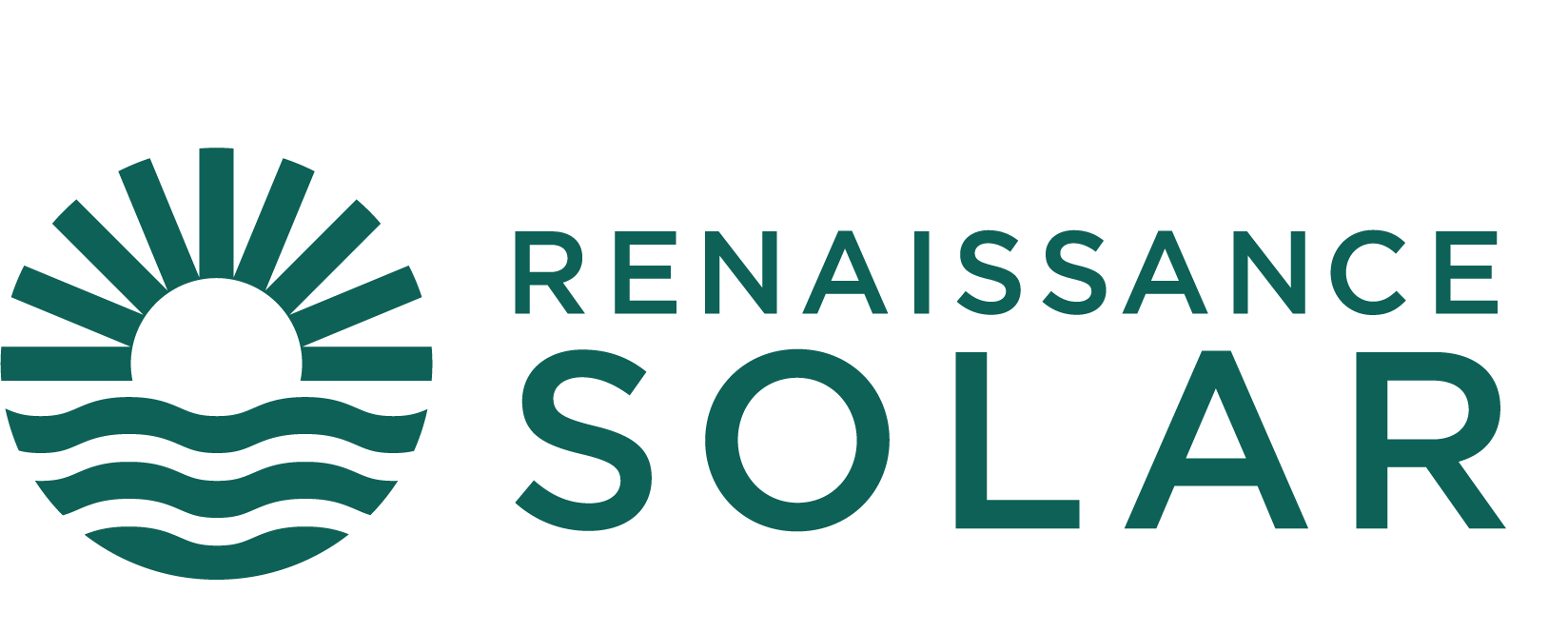To generate electricity from solar energy, solar panels are constructed by combining layers of silicon, boron, and phosphorus, each of which is made from silicon, boron, and phosphorus. A silicon wafer functions as a semiconductor, providing a positive charge, a negative charge, and a negative charge on the boron layer.
Monocrystalline Solar Panels
The single-crystal panels are made from a single crystal of silicon, which is divided into several wafers and is visible as a dark black colour because of its pure silicon content.
Polycrystalline Solar Panels
In contrast to single silicon crystals, these come from different silicon crystals instead. By melting and pouring silicon fragments into a square mould, polycrystalline cells are highly affordable since there is little wastage, and their square shape gives them their distinctive appearance.
PERC Solar Panels
PERC solar panels offer an improvement over monocrystalline cells by adding a passivation layer to the rear surface of the cell. They are a relatively new technology that adds a passivation layer to the rear surface of the cell to improve its efficiency.
Cost and Lifespan of Solar Panels
A common question people ask regarding solar panels is typically how much they cost. After which they want to know how long the solar panels will last. Unfortunately, there isn’t one straight answer. It all depends on the system you choose and the quality of the product. The lifespan of polycrystalline silicon and monocrystalline silicon solar panels exceeds their 25-year warranties.
Due to its complex and inefficient manufacturing process with only a 50% yield for silicon crystals, monocrystalline panels are expensive. Because polycrystalline modules utilize leftover crystal fragments from monocrystalline production, which reduces the manufacturing process and the cost of production, polycrystalline modules are cheaper.
One thing remains true, however, installing solar panels on your property will always be a good investment. Here’s why:
- It will lower your monthly electricity bill
- It will allow you to reduce your carbon footprint by decreasing pollution and greenhouse gas emissions
- You can even store energy for colder, less sunny months
- It will get you through that darn inconvenience of load-shedding.
Solar panels are an investment but will pay for themselves in just a few years. With the lifespan being a decade or even two, the prospect of saving money is even better when going solar. If free renewable energy is what you’re after, solar panels are the way to go.
Everyone is trying to find ways to lower their monthly financial burden and with electricity rates increasing rapidly, you might want to consider installing solar panels. Renaissance Solar offers high-quality SABS-approved solar products with strong manufacturer warranties at affordable prices to the South African market.
For more information or if you’d like to get started with the installation of your solar panels, get in touch with the friendly team at Renaissance Solar today!
